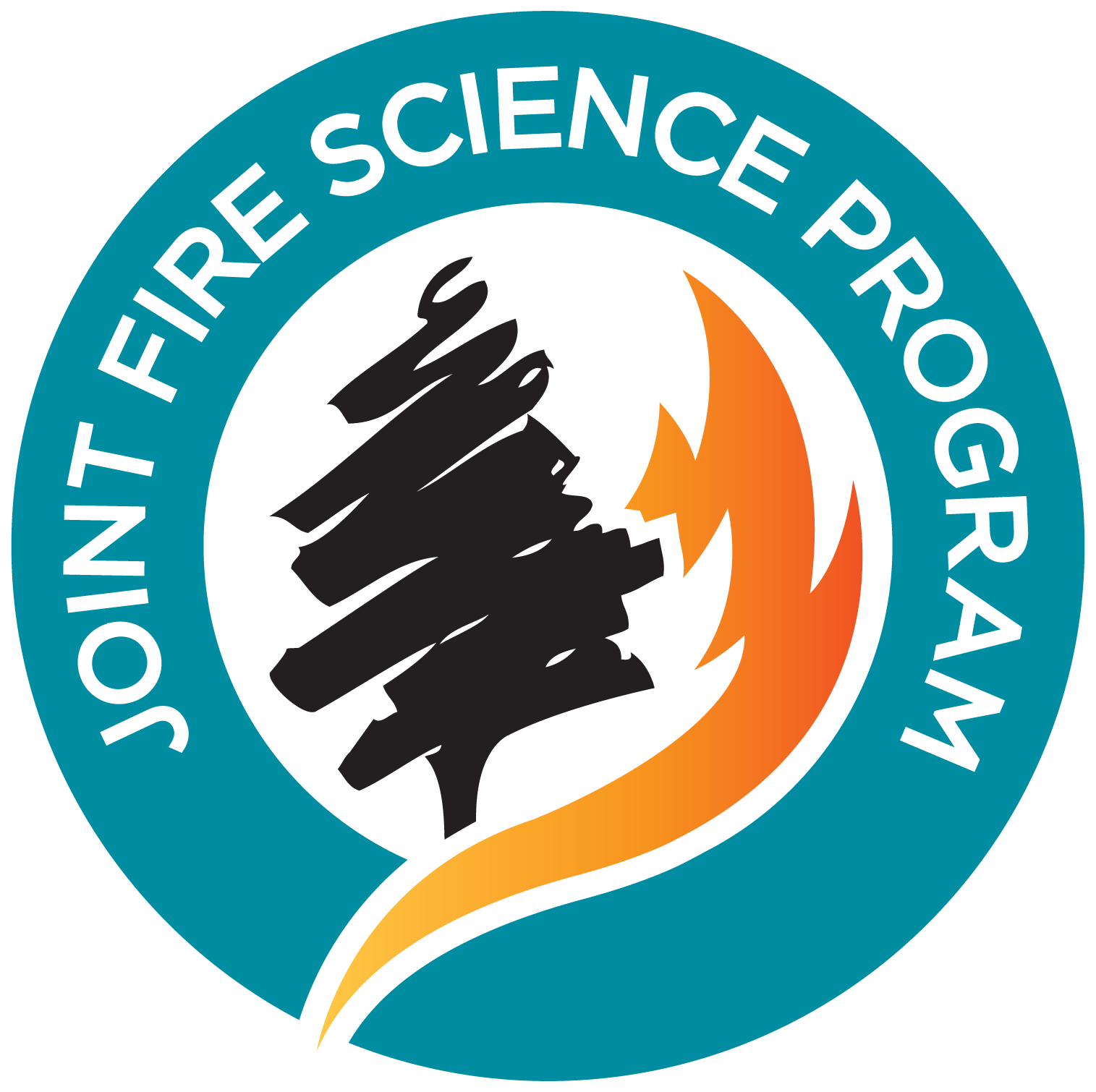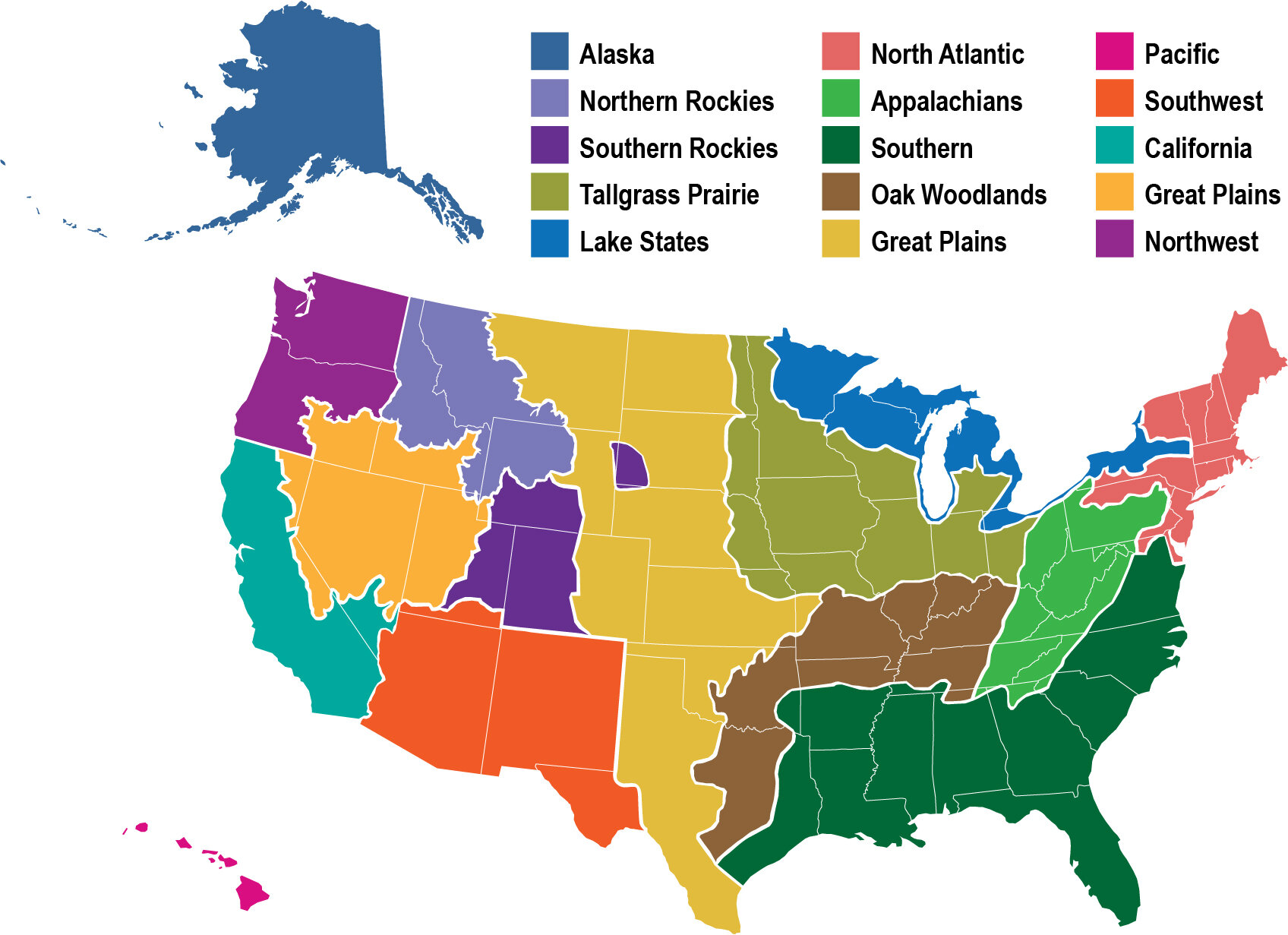Structure, fuels and fire behavior in Sierran riparian and upland forest: past and present: Research Brief
/Authors of this paper present quantitative information on the differences in stand structure, fuel loading, and fire behavior in current and reconstructed riparian and upland areas in the Sierra Nevada.
View Research Brief PDF >



